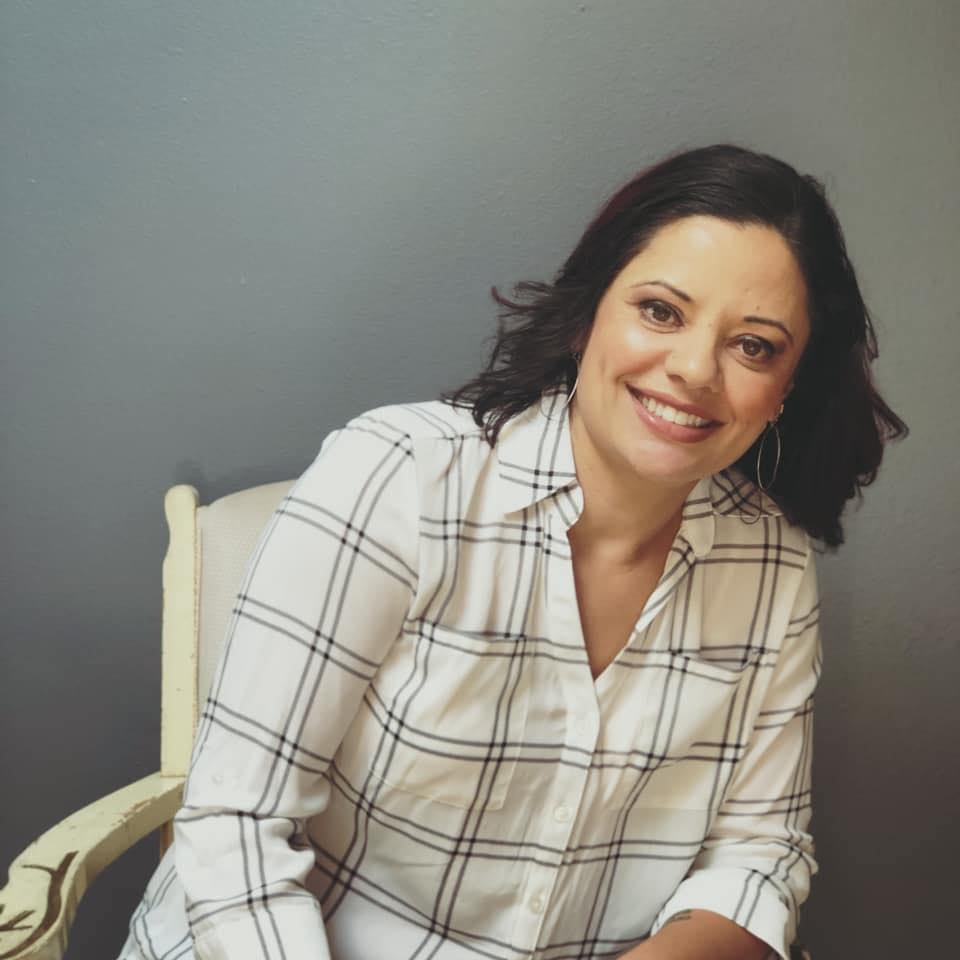|
It’s a strange thing to be in the dark, even in your own home. Simple tasks like cooking oatmeal on the stove or doing laundry would be frustrating and difficult—if not dangerous, in complete darkness. And we’re talking about oatmeal and T-shirts. Imagine the darkness of the soul.
Cloaked in the shadows of night, an anxious Nicodemus comes to Jesus in John Chapter 3. He’s troubled—convicted and conflicted. He believes Jesus is otherworldly—to say the least. The stories of His unprecedented miracles reaching the upper echelons of Jewish society, the strange authority He inherently possesses: simultaneously a straightforward and perplexing rabbi yet equally a fearsome renegade who with a handmade whip of cords sent gangsters and con-artists fleeing from the Jewish equivalent of Times Square. He is neither boastful nor arrogant but will later say He alone is the bread of life who comes from Heaven—making Moses’ forty years of manna look like the spread at a child’s birthday party in comparison to His everlasting banquet. Nicodemus a Pharisee, a ruler of the Jews, professor of the law, esteemed and revered sits at the feet of this carpenter’s son from Nazareth and can’t even mouth the question that’s setting his soul on fire. Maybe he wants to fall before Him--worship and weep—embracing this God-man who he has spent his life studying. Is that really you? But how can it be? What does that mean for us—for me? But decorum or doubt or nagging disbelief choke those thoughts and silence the questions. For now, Nicodemus will acknowledge Christ is a teacher sent from God, “No one can do these signs that you do unless God is with him.” (John 3:2, Italics added) But God is not merely with Him. The words from the prophet Isaiah should have been burning in Nicodemus’ mind, if not his heart. “Therefore the Lord Himself will give you a sign: Behold a virgin will be with child and bear a son, and she will call is name Immanuel.” (Isaiah 7:14) Immanuel is God with us. And so Immanuel cuts to the chase and tells the fragmented leader how to see the Kingdom of God. Because, after all, that's what Nicodemus really wants to know. Regnum Dei, the Kingdom of God, sometimes referred to as the Kingdom of Heaven is frequently referred to by Christ in the gospels, though it’s less frequently defined—a phrase so common to its original hearers that it defied definition. The relationship between God and humanity involves the kingship of God—His lordship and our worship. In the context of Christ’s conversation with Nicodemus it is an awareness that only presents after a new birth. In the sermon “The Kingdom of God is Righteousness and Peace and Joy in the Holy Spirit” by John Piper (November 13, 2005), Dr. Piper simply defines the Kingdom of God as “righteousness, peace and joy in the Holy Spirit.” “For the kingdom of God is not a matter of eating and drinking but of righteousness and peace and joy in the Holy Spirit. Whoever thus serves Christ is acceptable to God and approved by men. So then let us pursue what makes for peace and for mutual upbuilding.” (Romans 14:17-19) Paul the writer of Romans (and much of the new testament) does not use the term frequently but here he offers a glimpse of the kingdom as a lifestyle—a heavenly lifestyle that goes far deeper than the rules of morality or surface composure to cultivating a heart of peace and pursuing or running toward, that which builds up one’s neighbor. It speaks of a motivation of the heart that is empowered and validated by the Spirit of God and secondly by others. So we pray, “Jesus, help me to see the Kingdom of God” as entry into this realm requires a new birth—bearing the fruit of righteousness, peace and joy in the Holy Spirit and a cleansing or renewal of the mind by the Word of God. In the same sermon, Piper categorizes the Kingdom of God as follows: 1) It’s a reign or a rule—not a place 2) It speaks to the saving or redeeming reign of God as opposed to God’s providential reign. The Kingdom of God desires the will of God to be done “as it is in heaven” righteously, peacefully and joyfully. This is contrasted to the way God’s providential will is accomplished on earth—often through heartache or catastrophe—causing us to look to Christ only after we've exhausted every other vessel of hope and found emptiness. The Kingdom of God teaches us to freely walk in step with our master instead of choosing Him last. 3) It is present (in some measure) but mostly future (new age of Christ). We can enjoy God by enjoying a portion of his Kingdom in our fractured world now—waiting confidently and expectantly for the consummation. 4) The Kingdom of God is one and the same as the Kingdom of Christ. According to Piper whose mastery of the scripture turns sermons into Easter eggs--you'd be satisfied with the beautiful candy coating yet no sooner than the first bite discover hidden chocolate worth savoring long after the surface goodness melts away--the Kingdom of God is evidenced in our life when the Holy Spirit is “holding sway, conquering sin and producing righteousness, joy and peace.” Nicodemus struggled to the voice the question--“How can I see the Kingdom of God?” Our modern, first-world sensibilities are too dulled by worldliness and too lulled by distractions, to even care to ask. And yet Jesus answers the longing of both our hearts—ancient and modern, the same. “For God so loved the world, that He gave His only begotten son, that whoever believes in Him shall not perish but have eternal life.” (John 3:16) It originates with God the Father’s unyielding love for His own creation, the sacrificial and covenantal work of the cross willingly accomplished by Jesus Christ, necessary because of humanity's sin and God's holiness, the irresistible grace of the Holy Spirit calling the dead unto life and the recipients of this grace--those who call themselves believers, living a faith-filled life that bears the marks--or perhaps the scars, of this spiritual transaction. This revelation—this light, is life for the soul that was previously trapped in darkness. And that is very good news for those of us who were trying to make oatmeal in the dark.
2 Comments
Bethany
9/21/2016 05:57:17 am
Thank you Dionne, what a beautiful message I'm so glad I stopped to read it this morning. God bless you sister love you and miss you xoxoxo bb
Reply
Michele
9/21/2016 12:50:05 pm
Thank you De for your inspiring words. We just finished reading it and as usual very grounding. We don't have to be in the dark. Mom
Reply
Leave a Reply. |
Dionne"Lay aside every weight and the sin that so easily entangles and run with endurance the race set before you. " Archives
June 2023
Categories |


 RSS Feed
RSS Feed